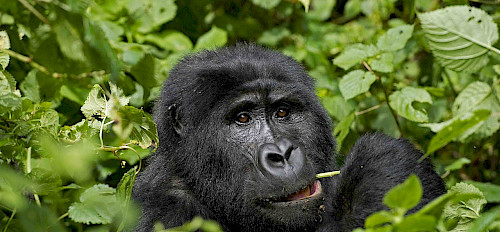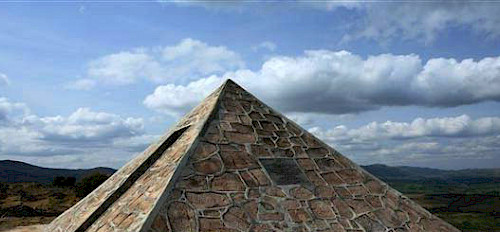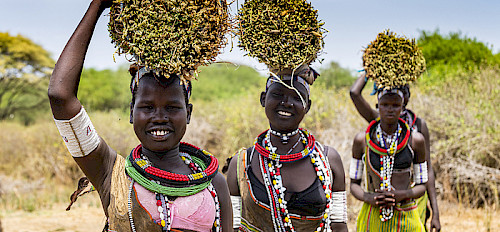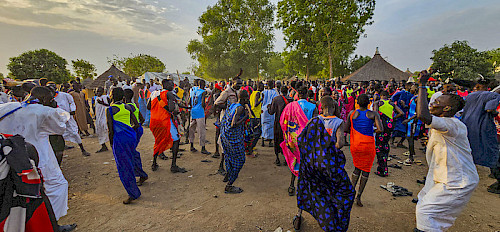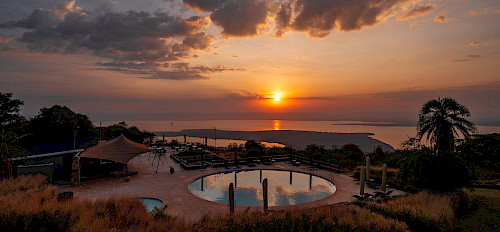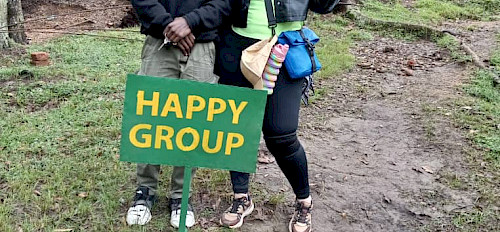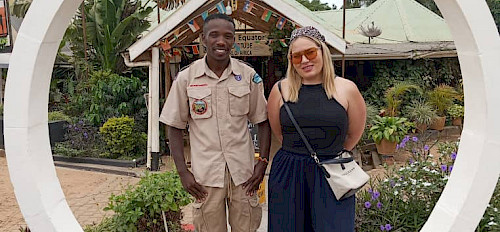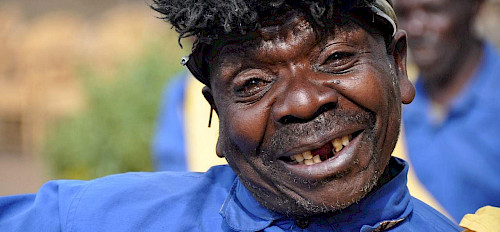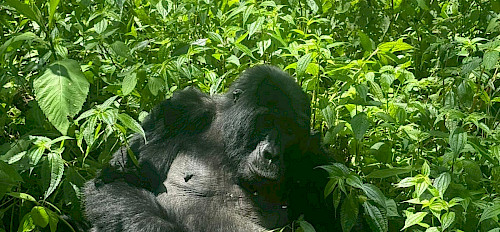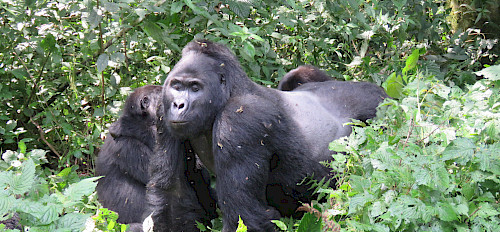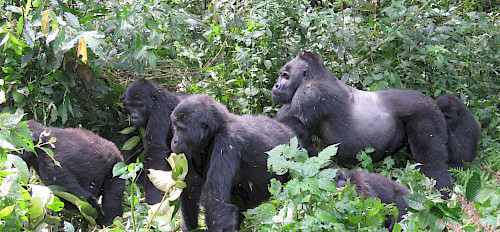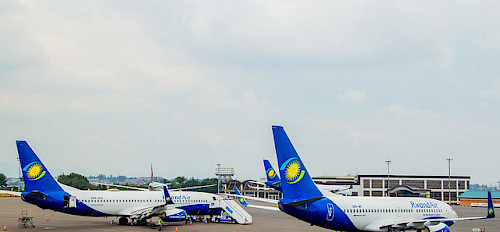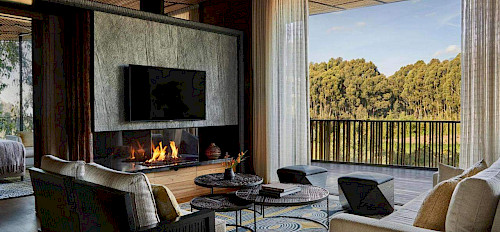Sudanese Wedding Traditions: Sudanese weddings extend beyond the couple, signifying a union between families and communities. While dowries often form the foundation of marriage negotiations, these ceremonies celebrate communal unity, cultural heritage, and joy. Despite modern influences, traditional practices like the Jirtig and the milk spitting remain prominent at weddings.
Engagements in Sudan are formal and family-oriented. The groom’s family visits the bride’s family to negotiate terms, including the dowry, which may include livestock, money, or gold. This meeting solidifies the intent to marry and fosters familial bonds.
The Jirtig is a central ritual in Sudanese weddings, symbolizing blessings and protection for the couple. The bride and groom sit on a decorated platform, and family elders perform blessings with traditional tools like henna, milk, and incense. These rituals protect against envy and ensure prosperity.
Sudanese brides typically wear brightly colored tobes (traditional wraps) adorned with gold embroidery. Gold jewelry, such as necklaces, earrings, and bangles, complements the ensemble, reflecting the family’s status and pride. Grooms often wear white jalabiya (long robes) paired with turbans.
A fascinating and symbolic tradition involves the bride and groom spitting milk at each other during the ceremony. This act represents mutual understanding, unity, and the importance of resolving conflicts peacefully.
Sudanese wedding feasts are lavish, featuring traditional dishes such as asida (a porridge-like dish), kisra (fermented bread), and mullah (stew). Lamb, chicken, and spiced rice dishes are also staples, ensuring a hearty celebration.
Guests often present gifts such as money, gold, or household items to support the couple’s new life. These gifts symbolize goodwill and the collective support of the community.
